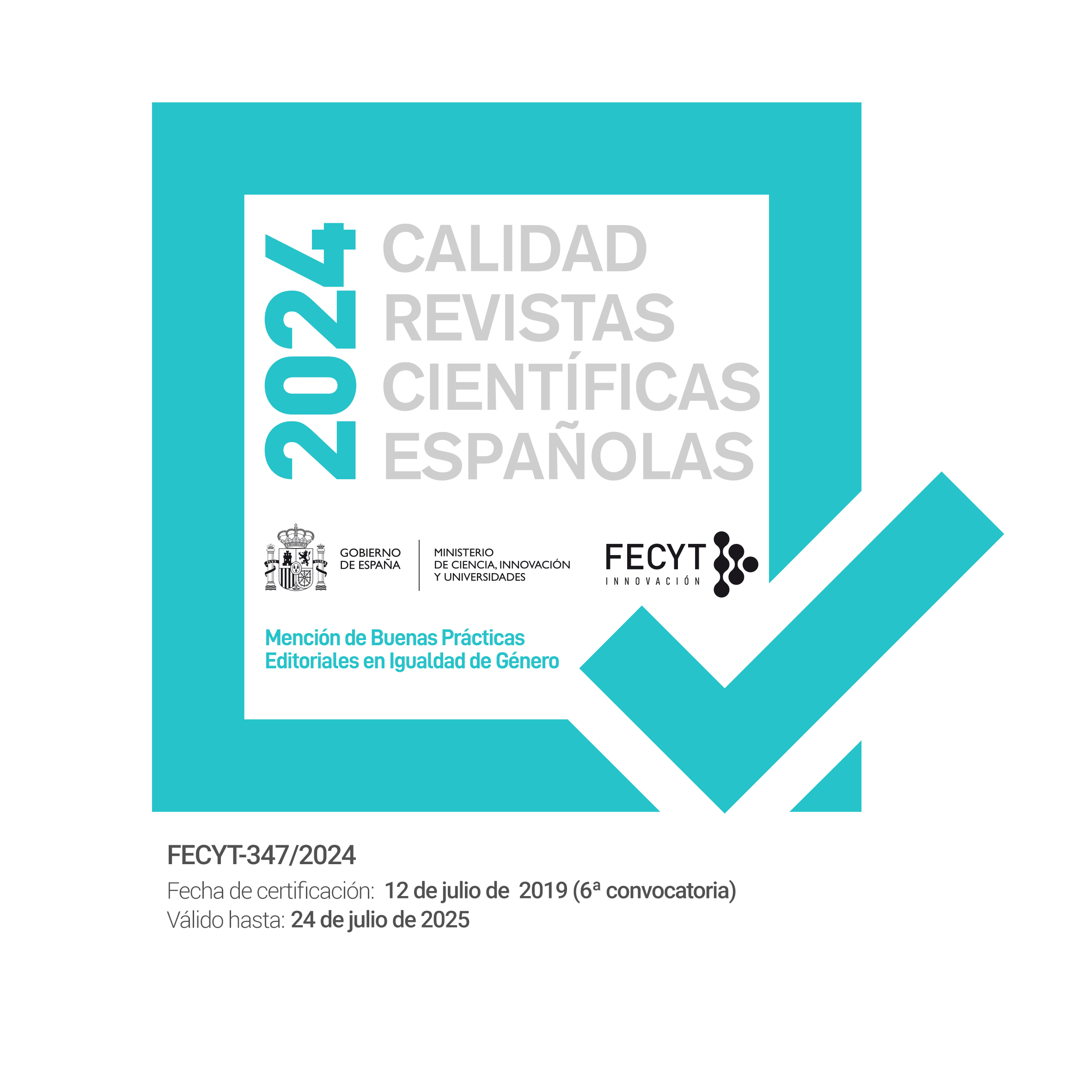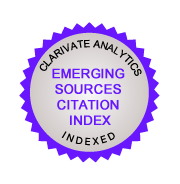Las prácticas espirituales del eremitismo peninsular altomedieval
DOI:
https://doi.org/10.5944/etfvii.24.2011.1401Keywords:
arquitectura excavada, Eremitismo, Alta Edad Media, Península Ibérica, Rock-cut architecture, hermits, Early Middle Ages, Iberian Peninsula,Abstract
Durante la antigüedad tardía comenzó a desarrollarse en la Península Ibérica un ascetismo cristiano basado en los modos de vida llevados a cabo por los Padres del Desierto y predicados en las Sagradas Escrituras. Sin embargo, las semejanzas que este fenómeno presenta con respecto a algunas de las doctrinas filosóficas griegas de época helenística son evidentes. Así, el aislamiento, la contemplación o el ayuno como medio de purificación son prácticas comunes a ambos. De esta manera, el presente trabajo pretende ofrecer un análisis del panorama del eremitismo peninsular durante la Alta Edad Media en relación con dichos sistemas filosóficos.
During the late antiquity started to develope a christian asceticism in the Iberian Peninsula which were based on the ways of life of the Fathers of the desert and preached in the Holy Scriptures. However, this phenomenom looks like some of the Greek philosophical doctrines of the Hellenistical period. Thus, the loneliness, the meditation or the fast as way of purification are common practices for both of them. This way, the present study tries to offer an analysis of the peninsular hermits panorama during the High Middle Ages compared to these philosophical systems.
Downloads
Downloads
Published
How to Cite
Issue
Section
License
Authors who publish in this journal agree to the following terms:
- Authors retain copyright and grant the journal right of the first publication with the work simultaneously licensed under a license Creative Commons Reconocimiento-NoComercial 4.0 Internacional that allows others to share the work with an acknowledgement of the work's authorship and initial publication in this journal.

- Authors are able to enter into separate, additional contractual arrangements for the non-exclusive distribution of the journal's published version of the work (e.g., post it to an institutional repository or publish it in a book), with an acknowledgement of its initial publication in this journal.
- Authors are permitted and encouraged to post their work online (e.g., in institutional repositories or on their website) prior to and during the submission process, as it can lead to productive exchanges, as well as to earlier and greater citation of the published work (See The Effect of Open Access).








